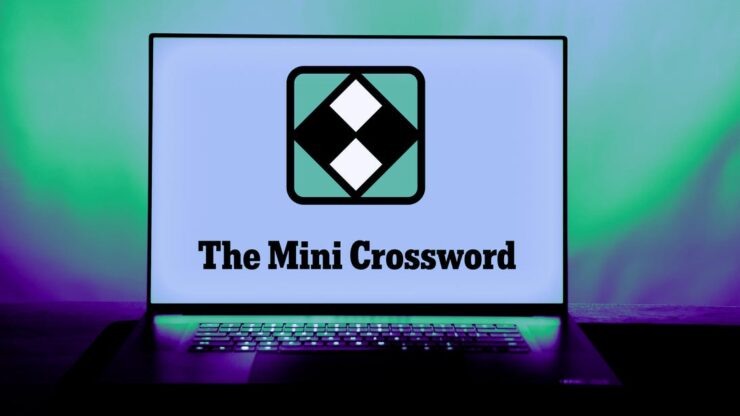When the UK government decided to ban Chinese Huawei from developing its 5G infrastructure, it did so to allegedly protect its citizens from the Chinese government eavesdropping on their conversations.
However BT’s chief security and networks officer, Howard Watson, has now claimed the decision cost the company £500m (approximately $612 million).
Instead of building on top of existing infrastructure, the UK’s telecom providers were forced to first replace existing gear, which slowed the whole process down and put extra zeroes on the bill.
Additional burden
Andrea Donà, chief network officer for Vodafone, added that the ban, and the subsequent move to replace existing Huawei gear with that of the competitors, was an “additional burden to an already constrained capital prioritization process.”
“We don’t get any additional money when these things happen,” he said. “The net effect of the Huawei high-risk vendor swap legislation means we’ve had to scale back 5G.”
Still, the organizations are almost done replacing the gear. BT is “well on its way” to replace Huawei with Ericsson by the end of the year, with some 90% of its 5G mobile data now running on Swedish infrastructure. Vodafone’s Donà added that the company made “good progress” in that respect.
For the government, on the other hand, network resilience is its first priority: “The long-term security and enduring resilience of the UK’s telecoms network is of paramount importance,” CityAM cited a spokesperson.
“We have one of the strongest telecoms security regimes in the world, which we have used to designate Huawei a high-risk vendor, and have issued clear directions for telecoms operators to control its presence in their networks to protect this critical national infrastructure.”
More from TechRadar Pro
Nokia reaps rewards of 5G demand but supply issues could have future impactHere’s a list of the best malware removal servicesLooking for a good firewall? Here are the best firewalls right now


